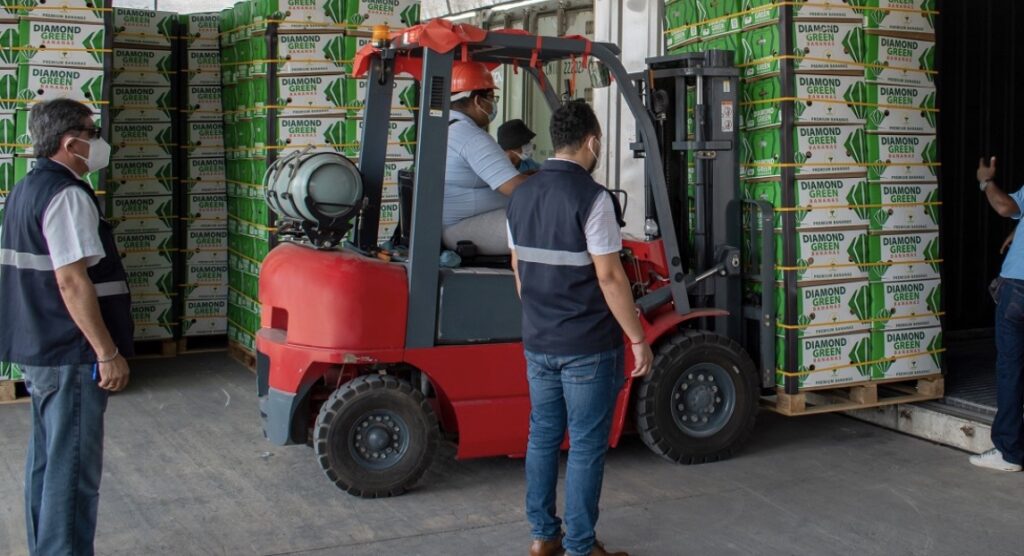UNCTAD tool accelerates trade facilitation reforms in developing countries
The Reform Tracker helps countries monitor, coordinate and fast-track actions to make cross-border trade easier, faster and cheaper.

UNCTAD’s online Reform Tracker launched in 2020 is enabling national trade facilitation committees (NTFCs) in many developing and least-developed countries to ease trade.
It helps countries implement reforms, especially those related to the Trade Facilitation Agreement of the World Trade Organization (WTO), in line with their commitments.
After two years, countries using the tool have implemented on average 61% of such reforms. This metric is based on UNCTAD’s novel implementation score, using information from the tool.
Thanks to the tool, these countries have identified and tackled key challenges such as lack of proper documentation, complicated or inefficient handling processes, weak monitoring and lack of coordination between different stakeholders.
“Launched amid the COVID-19 pandemic, the Reform Tracker provided beneficiary countries with a way to keep working and coordinating their engagements despite physical meeting restrictions and competing priorities,” said Jan Hoffmann, head of UNCTAD’s trade logistics branch.
“The shift towards digitalization that was forced on the world by the pandemic enabled a smooth introduction of the tool, even in least developed countries, which would have been very challenging prior to 2020,” he added.
The tool is operational in English, French, Portuguese and Spanish in 22 partner countries, where nearly 900 reform teams have documented about 2,400 tasks on the platform. It will be rolled out in 11 more countries in 2023.
More than 400 trade facilitation practitioners from about 100 countries around the world participated in an UNCTAD event to celebrate the second anniversary of the tool on 22 November. Representatives of Ecuador, Honduras, Lesotho, Kenya and Namibia related how the tool had helped them accelerate trade facilitation reforms.
“Effective trade facilitation requires efficient trade coordination across the entire supply chain. It’s the mandate of the national trade facilitation committee to ensure this coordination and the Reform Tracker makes its job well easier,” said Johanna Amukushu, principal customs and excise officer at the Namibia Revenue Agency.
To better equip NTFCs’ members to use the tool, UNCTAD launched an online course in English, French, Spanish, Portuguese and Mongolian in the spring of 2022. Over 250 stakeholders have so far completed the course comprising self-paced units and live sessions regularly conducted by UNCTAD.
Hundreds of experts and national stakeholders who use the tool have created a network through which they exchange best practices and share experiences.
UNCTAD ensures the tool is fit for purpose by maintaining the highest levels of responsiveness, customizability and user-friendliness.
Every feature in the tool is developed in response to feedback and requests from users to ensure they can easily navigate the portal and use it efficiently. Users can easily trace a country’s progress in the implementation of each trade facilitation reform and find relevant information about stakeholders in the country.
A personalized interface enables users to easily find updates and notifications on upcoming meetings, ongoing tasks, badges and key statistics on a country’s progress.
You must be logged in to post a comment.